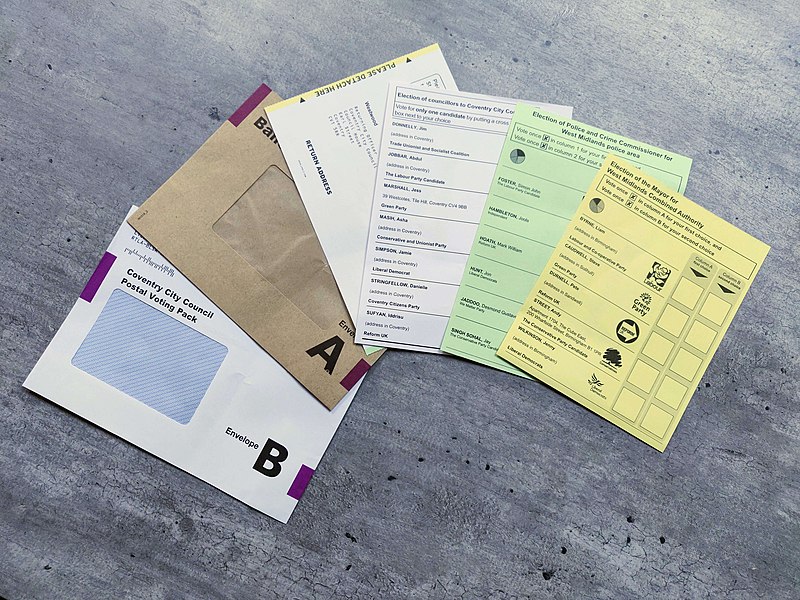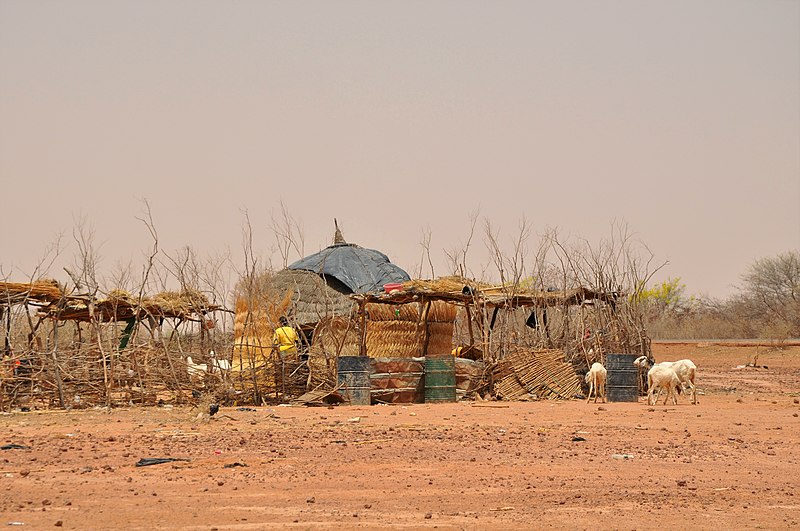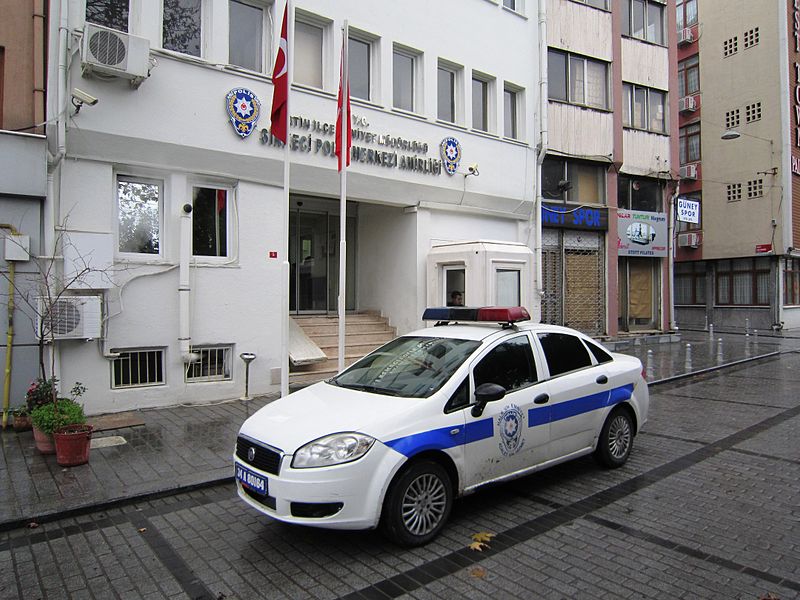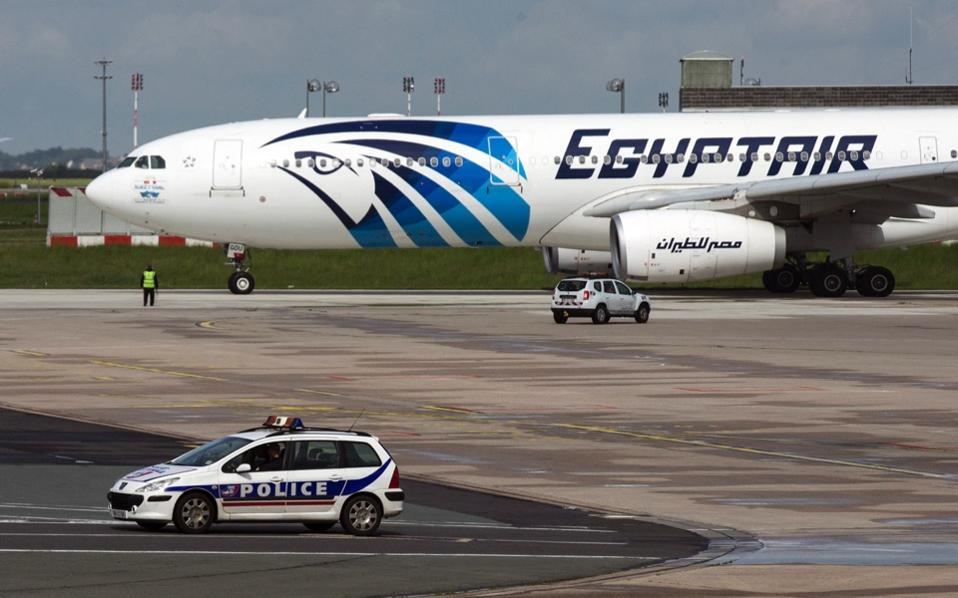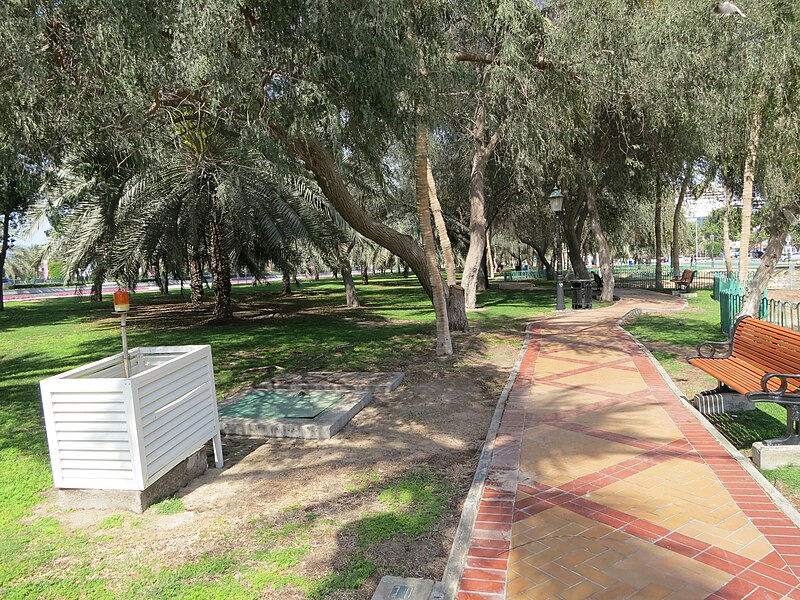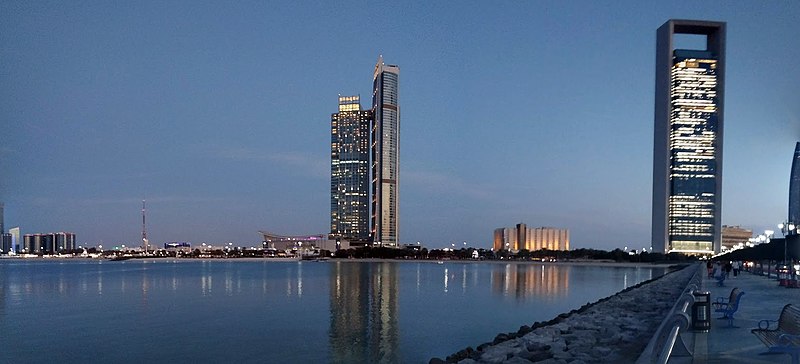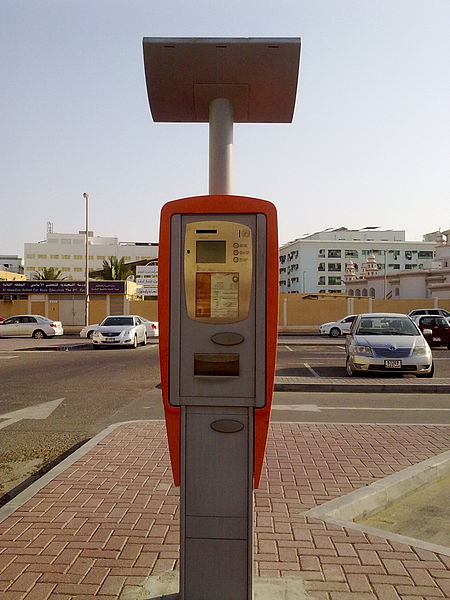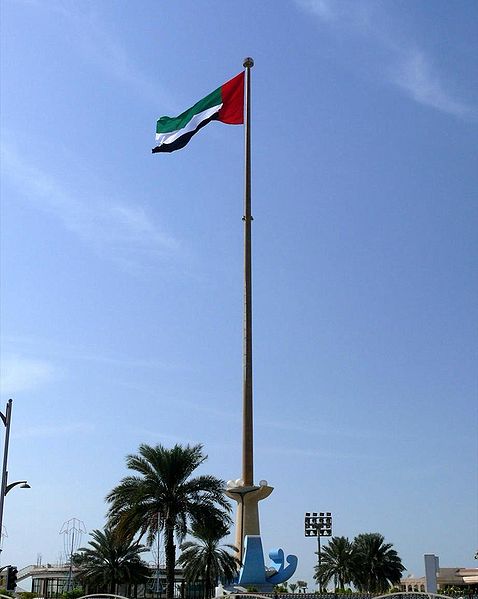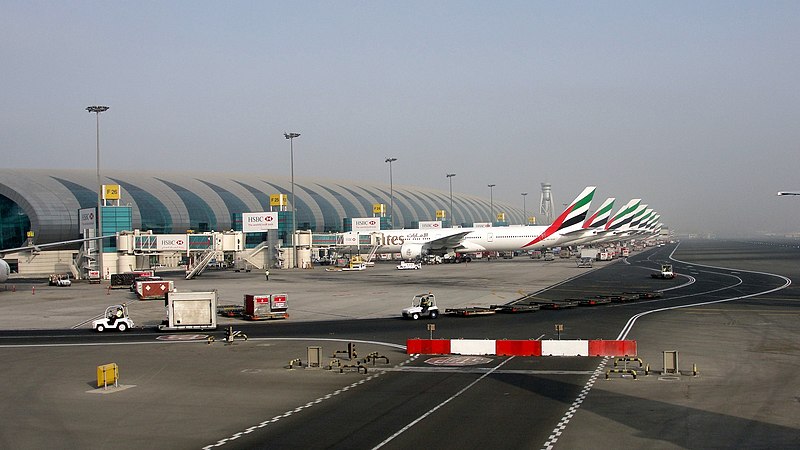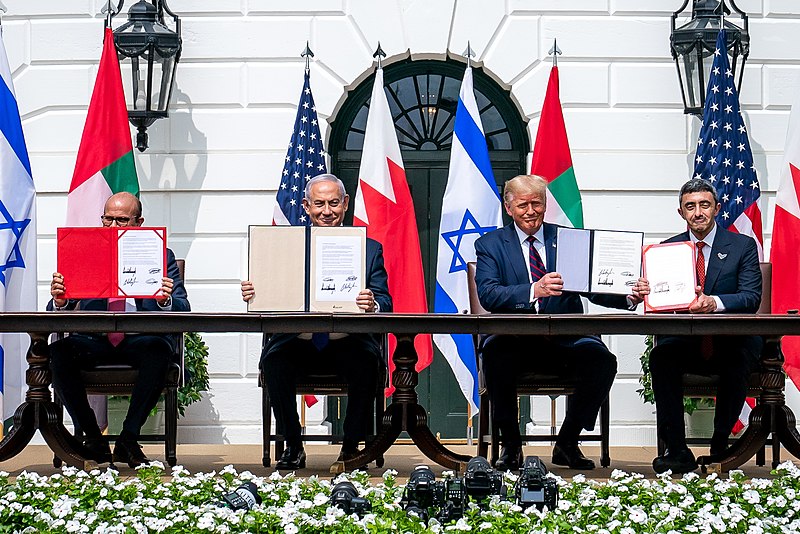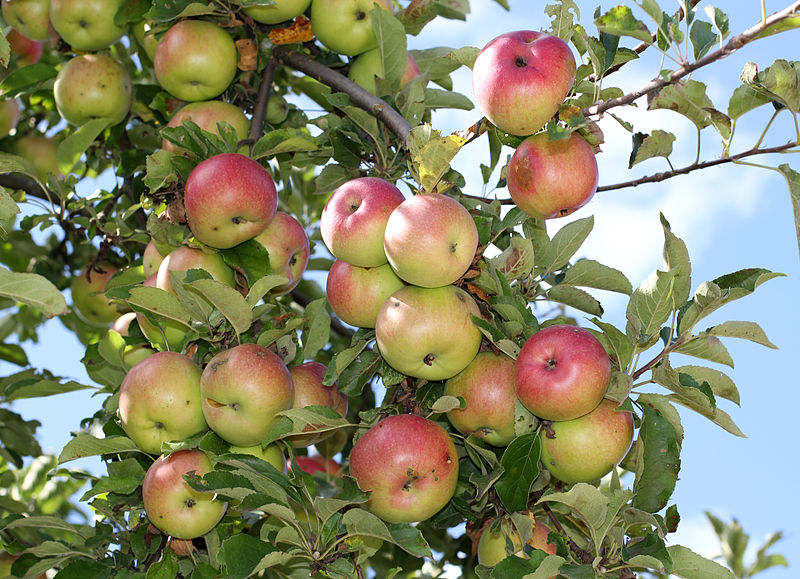
The seasonal fruit markets in northern Yemen are experiencing an unprecedented slowdown as consumers grapple with purchasing goods amidst worsening living conditions, salary reductions,
and high unemployment rates.
Despite ample supplies of fruits being available in shops and street vendor carts, farmers and traders are lamenting significant losses due to unsold crops.
Samir, a government employee in the Houthi-controlled capital of Sanaa, explains that he can only afford to buy fruits occasionally. He's forced to decline his children's requests for sweets to save money for purchasing fruit once a week. He's trying to emphasize to them the importance of fruits over sugary treats, which strain his limited budget.
Samir adds that he makes an effort not to miss out on seasonal fruits, which are only accessible for a few months each year, unlike other agricultural products available year-round. He regrets that only a small portion of the population can enjoy these seasonal fruits.
Hassan Mohammed, an employee at an international organization, shares Samir's perspective. He believes that fruit prices are reasonable and advocates not wasting their seasons, as they can be left to spoil or discarded by traders. Mohammed suggests that people with lower incomes could replace regular meals with fruits to enjoy their seasonal benefits and nutritional advantages.
Mohammed supports his viewpoint by referring to health experts' opinions, which underline that the consumption of unhealthy foods often leads to chronic diseases in the long term. He questions why families don't consider relying on vitamin-rich fruits instead of meals high in bread, sugar, and carbohydrates.
Conversely, another public employee argues that in such challenging economic conditions where affording even basic necessities is a struggle, fruits become a luxury that's not worth the trouble. This perspective emphasizes that dwelling on unaffordable items would only increase regret and pain, while focusing on providing necessities for their families is the primary concern.
Furthermore, the anonymous public employee mentioned that they had contemplated purchasing a watermelon recently but regretted the thought due to the high price. A watermelon couldn't be found for less than 3,000 Yemeni riyals ($1 equals approximately 530 Yemeni riyals). Photo by George Chernilevsky, Wikimedia commons.
